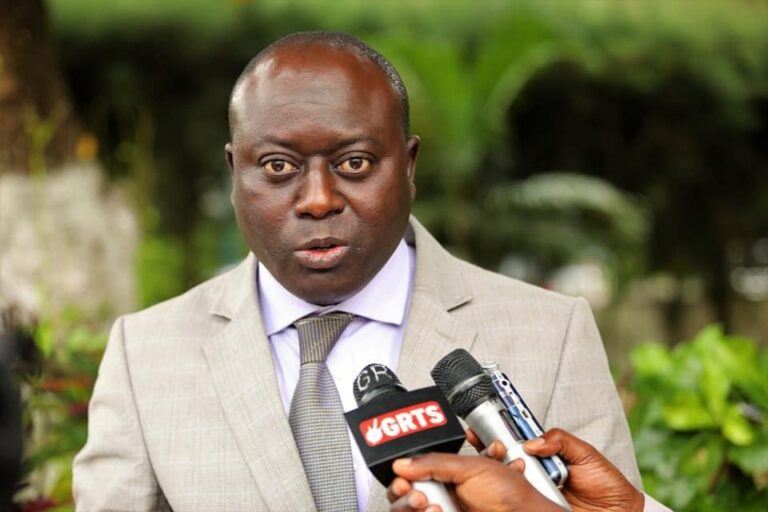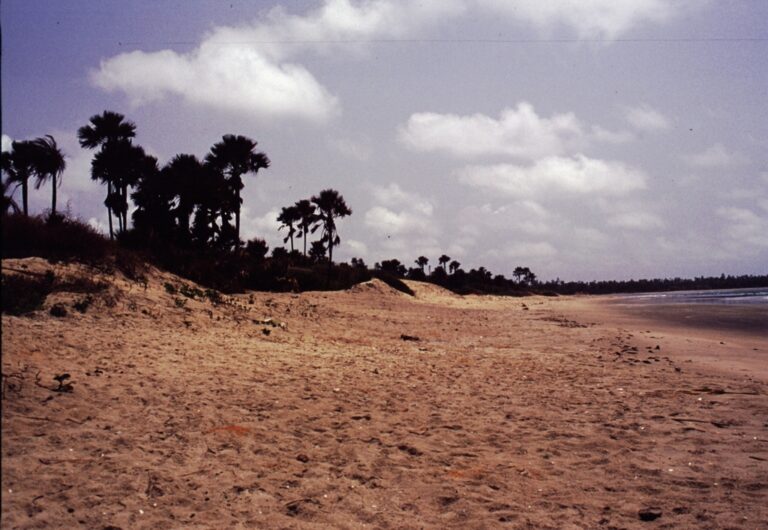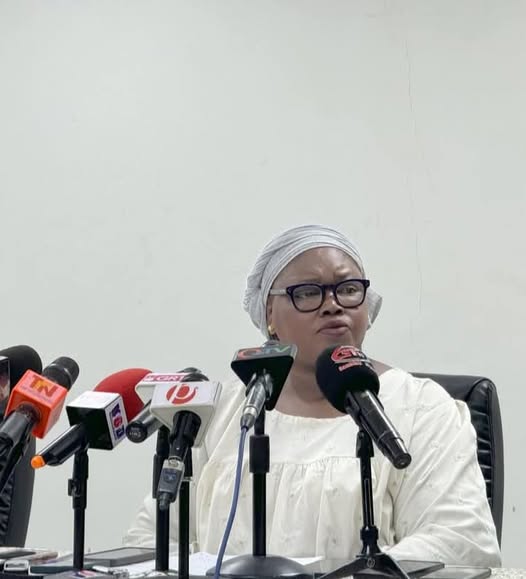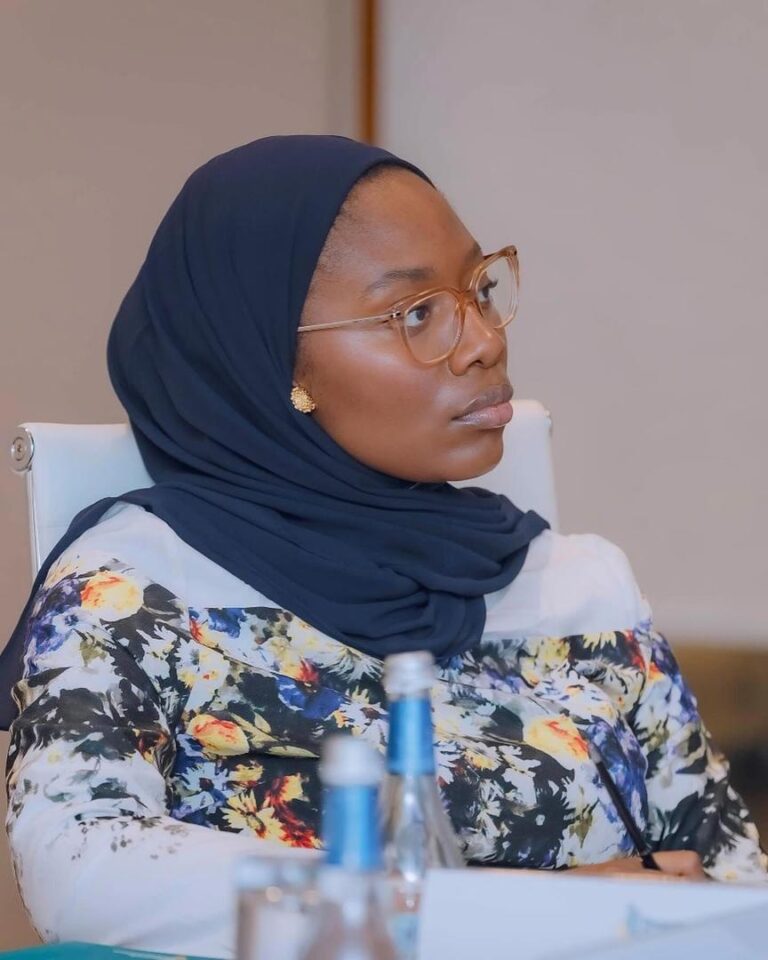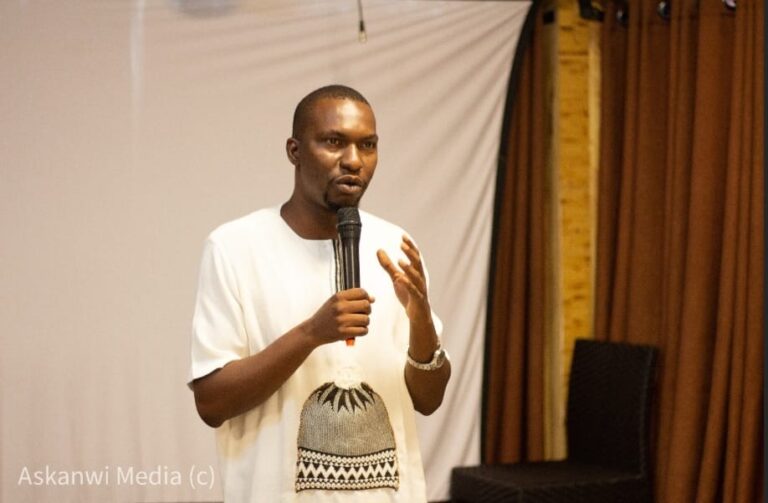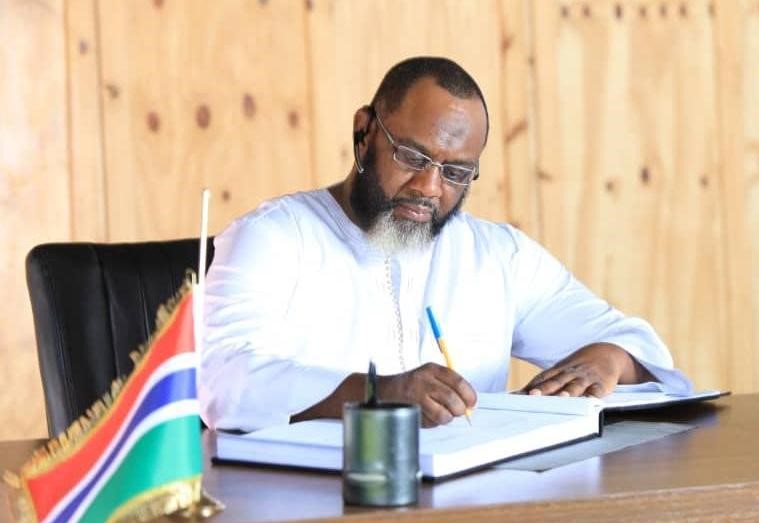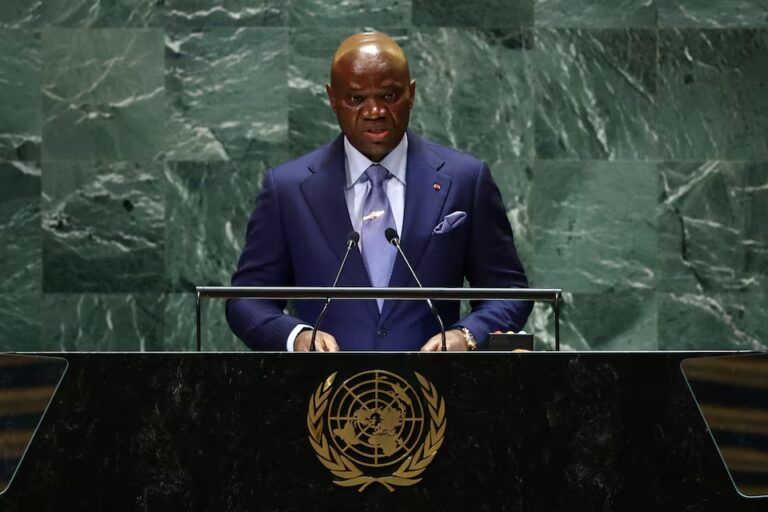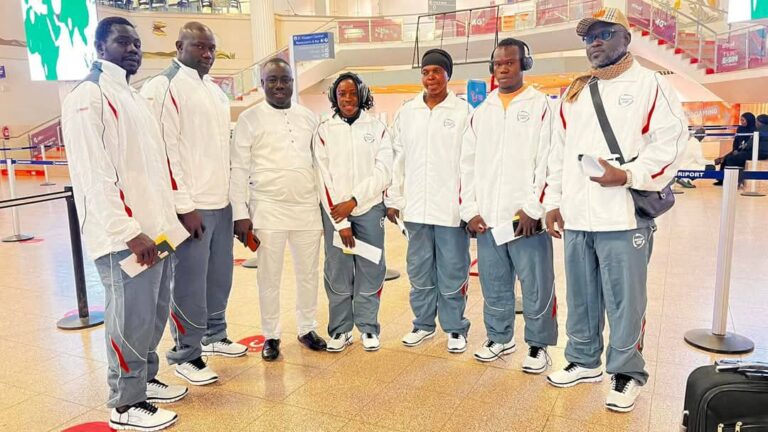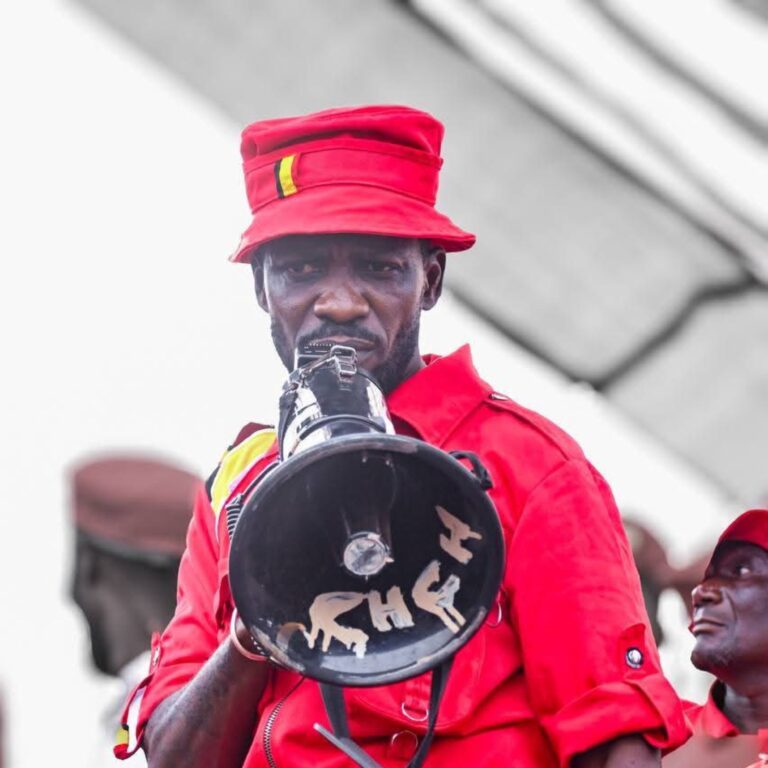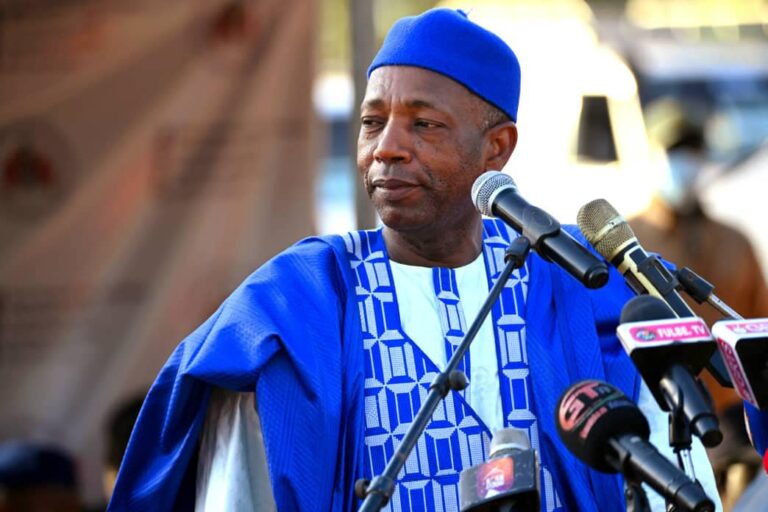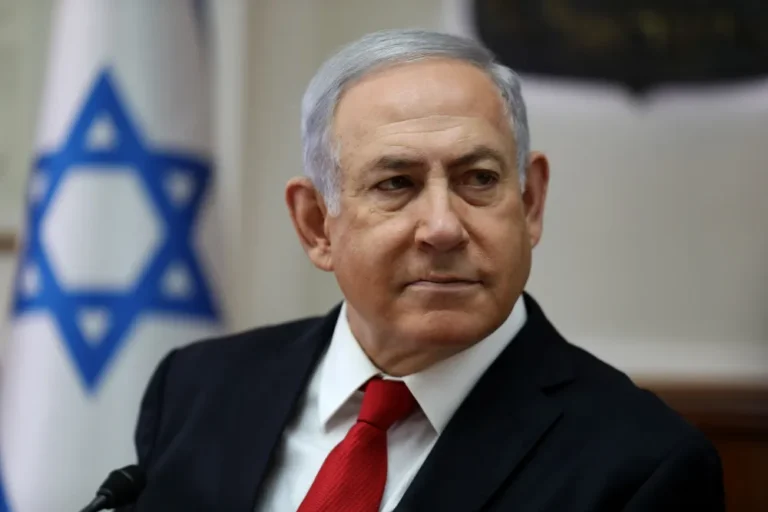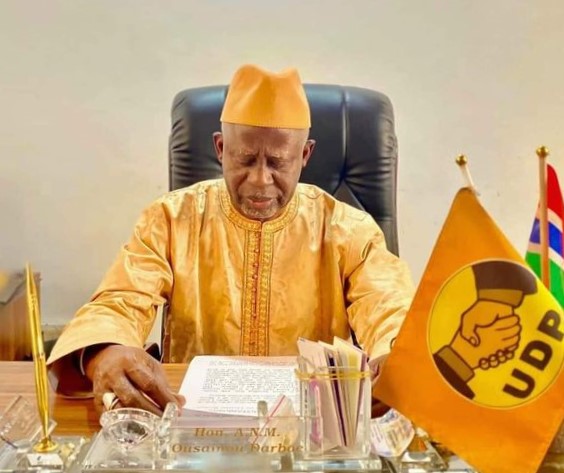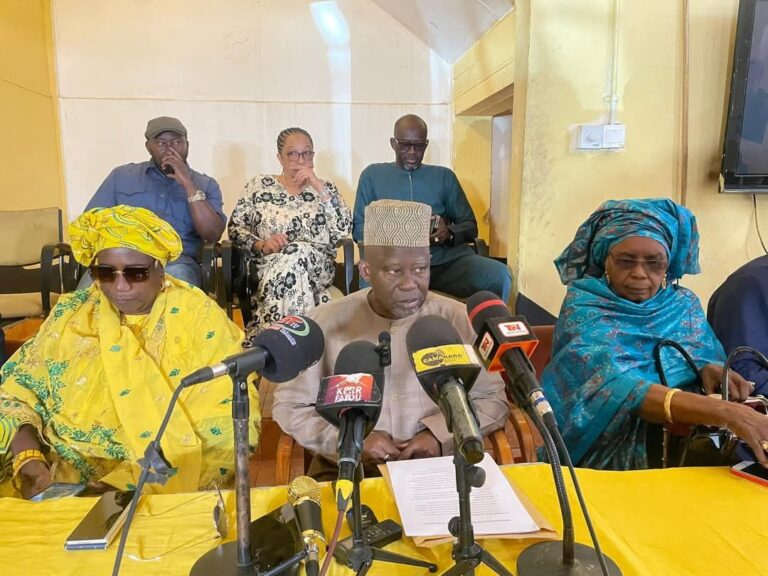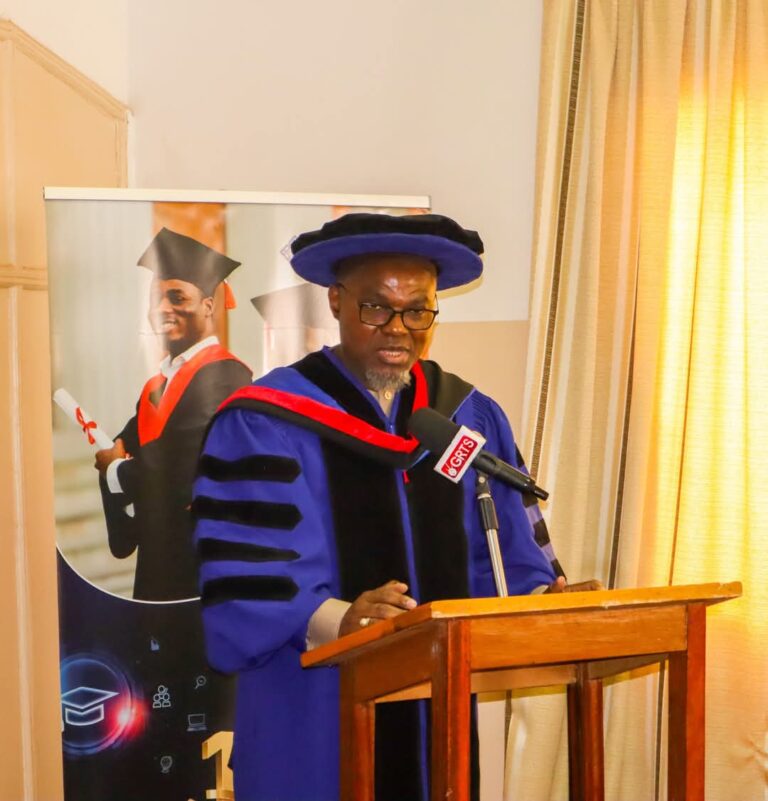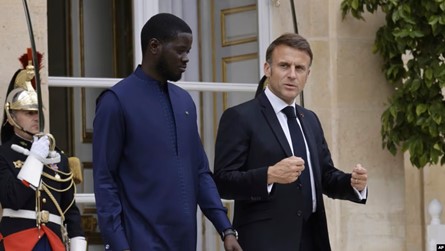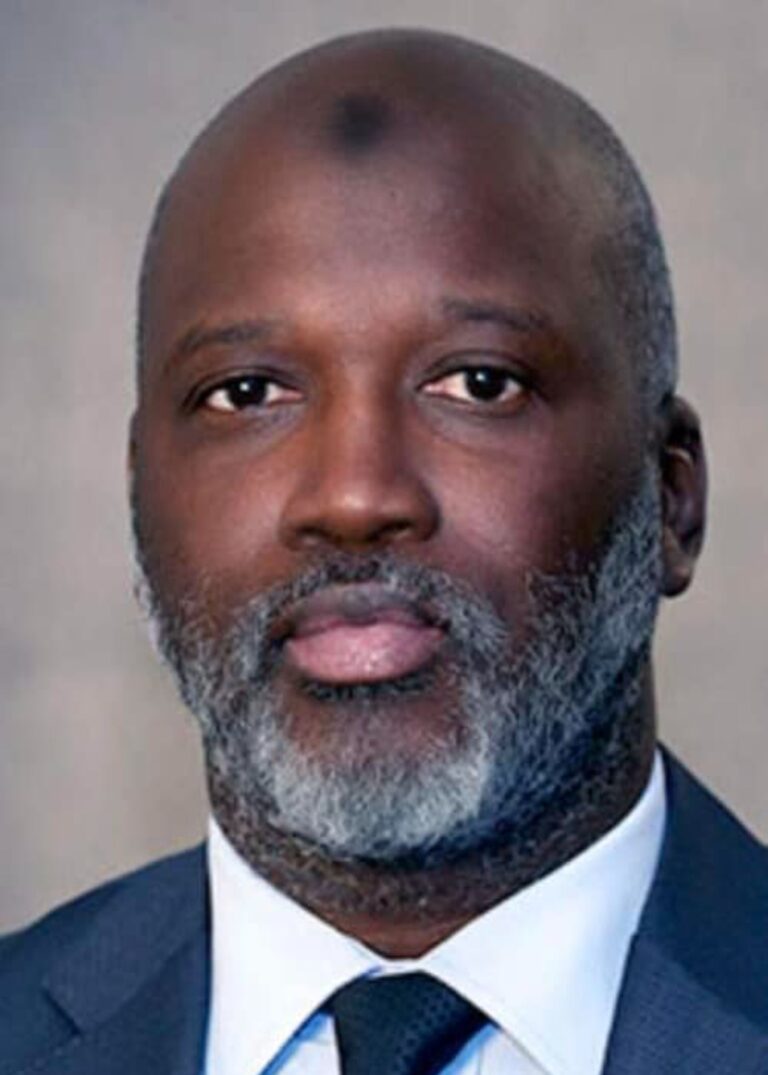By Alieu Jallow
The Ministry of Transport, Works, and Infrastructure has strongly dismissed claims by opposition leader Ousainou Darboe that the Port of Banjul has been sold to the Turkish company Albayrak.
The ministry described Darboe’s statements, made during his March 4, 2025, press conference, as “utterly misleading” and an attempt to misinform the public.
In a press statement, the ministry clarified that the Port of Banjul remains 100% owned by the Gambian government and that the agreement with Albayrak is a concession, not a sale. The deal, officials argue, is meant to modernize port operations, enhance efficiency, and develop a new deep seaport in Sanyang without any financial burden on the government.
Government’s Position: “The Port Is Not Sold” According to the ministry, the concession agreement ensures that:
• All fixed assets of the GPA remain under government ownership while Albayrak manages operations.
• Gambia Ports Authority (GPA) holds a 20% equity stake in the project.
• The investor will inject $19 million into port infrastructure improvements in Banjul over six years.
• A new deep seaport in Sanyang will be developed under the agreement.
• The government will receive annual revenue from the concession and a percentage of profits.
“The agreement does not amount to selling the Port,” the statement emphasized. “The government still controls the harbor, mooring services, and retains a stake in the project.”
The Banjul Port has seen a sharp increase in cargo volume since 2016, leading to congestion issues. Officials argue that previous governments failed to invest adequately in port expansion, making modernization efforts crucial.
Against this backdrop, the current administration has registered key items such as salary increments and bonuses for GPA staff first in over 20 years, the launch of the 4th Banjul Port Development Project, record government dividends from GPA profits ($190 million in 2021) and the introduction of a private Stevedoring Dock Labour Company.
Additionally, the ministry accused Darboe and the UDP of deliberately misleading the public for political gains. It also criticized Darboe’s “demeaning characterization” of current GPA management, calling it an unfounded attack on professionals working to improve port efficiency.
“The public is urged to ignore the misinformation being spread on social media. The concession project is designed to benefit Gambians, not to sell off national assets,” the ministry said.
Despite the backlash, the government remains firm on implementing the concession. With Gambia and Guinea-Bissau being the only countries in the region still managing ports under full public ownership, the administration insists that public-private partnerships are essential for future development.
As debates continue, stakeholders will closely monitor the impact of the Albayrak deal, especially as the Sanyang Deep Seaport project takes shape.

